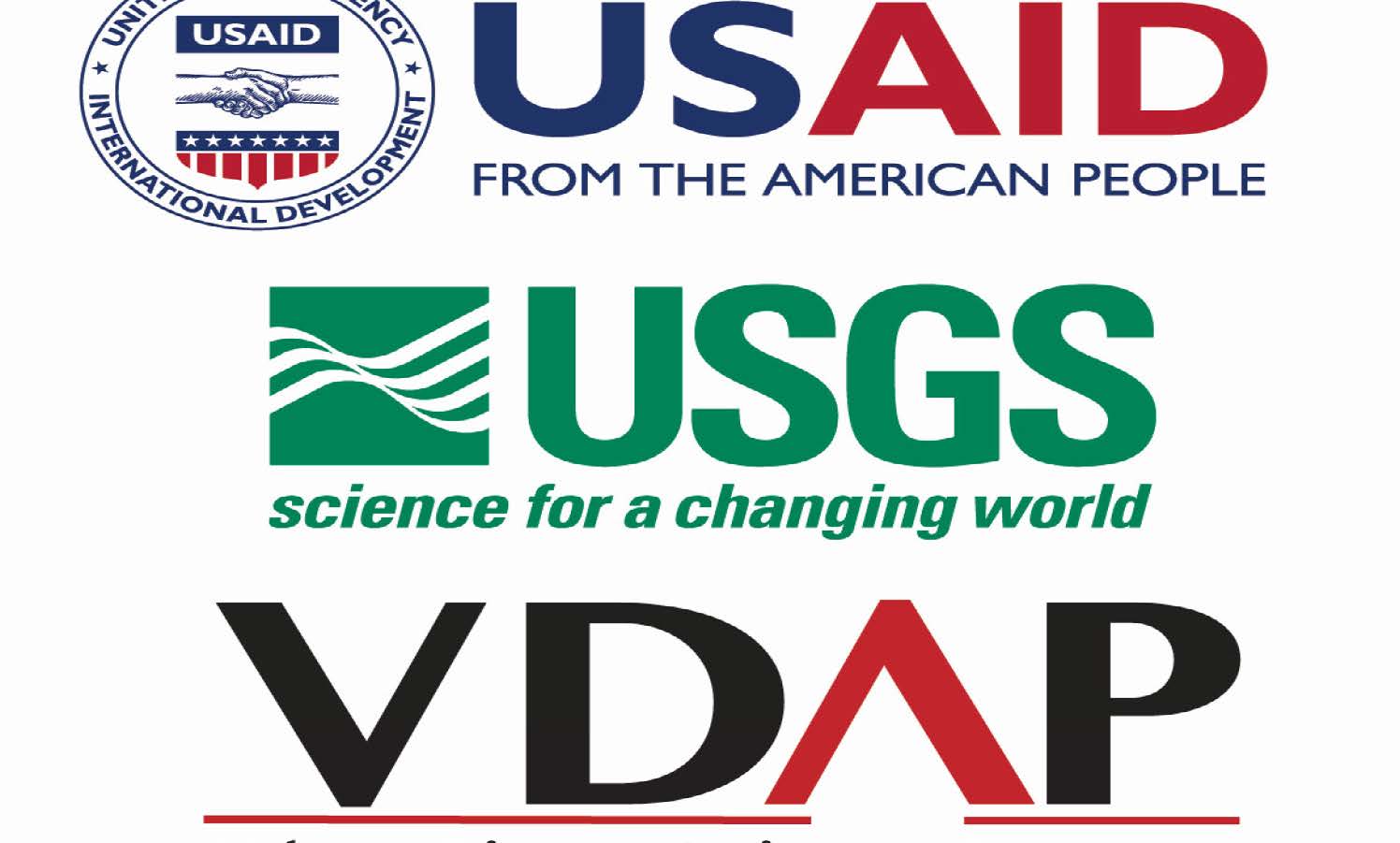
Volcano Disaster Assistance Program (VDAP)
Honors & Awards
International Award
Received December 2024
VDAP is a multidisciplinary group of scientists and technicians devoted to supporting volcano observatories and their stakeholders in resource-limited countries around the world. First formed in 1986, VDAP has grown over the years to support activit...
VDAP is a multidisciplinary group of scientists and technicians devoted to supporting volcano observatories and their stakeholders in resource-limited countries around the world. First formed in 1986, VDAP has grown over the years to support activities ranging from equipment donations, to training, to in-country response during volcanic unrest and eruptions. The team supports its counterparts in seismology, geochemistry, hazard mapping, remote sensing, geodesy, computer science, data archiving and any other topics that can assist with achieving best practices and improved risk mitigation as relates to volcanic hazards. The team is funded entirely by USAID’s Bureau for Humanitarian Assistance and the USGS Volcano Hazards Program.https://volcanoes.usgs.gov/vdap/ Team Name: Volcano Disaster Assist Program. The team members are: Jacob B. Lowenstern (role: Director, institution: USGS); Maurizio Battaglia (role: Geodesist, institution: USGS); Angie Diefenbach (role: Geologist, institution: USGS); Julie Griswold (role: Geologist, institution: USGS); Chris Harpel (role: Geologist, institution: USGS); Chris Hight (role: Computer Scientist, institution: USGS); Peter Kelly (role: Gas Geochemist, institution: USGS); Christoph Kern (role: Gas Geochemist, institution: USGS); Martin LaFevers (role: Geophysicist, institution: USGS); Allan Lerner (role: Gas Geochemist, institution: USGS); Chris Lockett (role: Computer Scientist, institution: USGS); Wendy McCausland (role: Seismologist, institution: USGS); Sarah Ogburn (role: Geologist, institution: USGS); Jeremy Pesicek (role: Seismologist, institution: USGS); Stephanie Prejean (role: Seismologist, institution: USGS); Dave Ramsey (role: Geologist, institution: USGS); Jenny Riker (role: Geologist, institution: USGS); Aaron Rinehart (role: Field Engineer, institution: USGS); Sally Sennert (role: Geologist, institution: USGS); Jay Wellik (role: Seismologist, institution: USGS); Rick Wessels (role: Remote Sensing Specialist, institution: USGS); Heather Wright (role: Geologist, institution: USGS)
Citation
For 38 years, the U.S. Agency for International Development-U.S. Geological Survey Volcano Disaster Assistance Program (VDAP) has been a global leader in international volcanic risk reduction, assisting resource-limited countries around the world. Today, the team of 25 engages in direct response to volcanic unrest as well as long-term capacity building. VDAP was created as a partnership of two agencies, leveraging the best qualities of each to ensure an impactful and cost-effective means to increase the capabilities of their international counterparts. VDAP excels through its diverse mix of multidisciplinary scientists, engineers, technologists and communications experts, who provide thoughtful solutions to technical challenges faced by volcano observatories and their stakeholders.Over its history, VDAP has responded to disasters and volcanic unrest over 100 times in over 20 countries. In the past two years, the group has worked on four continents and in 14 countries. Last year over $400,000 in equipment was donated to strengthen monitoring networks. Much of the equipment was installed collaboratively, allowing mentorship and training. Over 50 real-time hazards updates were provided to partners after analysis of satellite data. The updates aided foreign counterparts in briefing stakeholders, creating situation reports and facilitating evacuations. In addition, official situation reports were shared with U.S. government agencies/embassies to alert them to nascent hazards that could require their attention in coming weeks, providing a means for anticipatory action by multiple government agencies. Several characteristics set VDAP apart from other science-oriented groups that provide international aid. VDAP only assists countries upon request. Its staff never speak to the press unless specifically asked by its foreign counterpart. Its long-standing policy is to stand behind the counterpart, supporting and never overshadowing. Finally, although science is part and parcel of its work, the primary goal is public safety and long-term capacity building. Scientific products are a useful and important outcome of VDAP collaborations, but not the motivation.From my personal standpoint in Ecuador, VDAP has been vital for steering the Instituto Geofísico de la Escuela Politécnica Nacional toward favorable outcomes during volcanic crises. In the entire world, there is no comparable group with such well-honed expertise. VDAP team members have made lasting friendships with our technical and scientific staff in Quito and generously share their knowledge. We are profoundly grateful for their dedication and sharing of knowledge and equipment, helping us successfully manage more than eight volcano crises. We owe so much of our preparation to VDAP, and we appreciate their broad and positive impact on volcano observatories of the world.—Patricia A. MothesInstituto Geofísico, Escuela Politécnica NacionalQuito, Ecuador
See Details
Close Details

